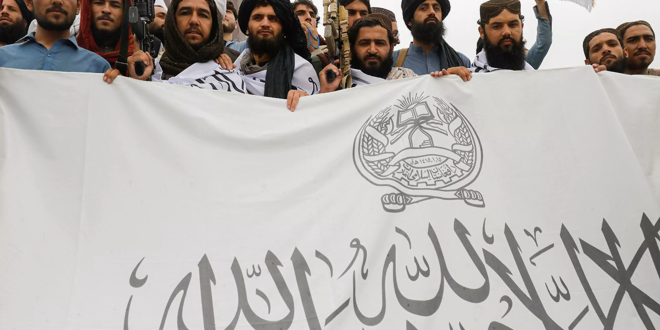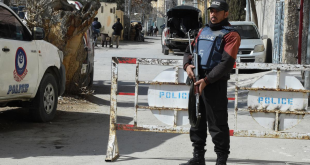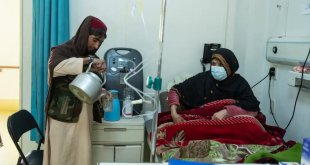AT News
KABUL – In the aftermath of the Taliban’s resurgence in 2021, Afghanistan remains ensnared in a spiral of deteriorating human rights and a deepening economic crisis. As highlighted in a recent report by The Diplomat, attempts to engage with the Taliban have proven futile, amplifying concerns over the group’s oppressive policies and their adverse impact on the Afghan population.
The grim reality unfolds with a systematic erosion of women’s rights under the Taliban’s puritanical vision. Banning girls from attending school beyond grade six and restricting women from pursuing higher education since December 2022 have plunged the nation into a human rights crisis. Tragically, the consequences of such oppressive measures are evident in the alarming rates of suicides among women and girls, reflecting the profound psychological toll of the Taliban’s regressive policies.
The economic fallout further compounds the challenges faced by the Afghan people. The country is in the grip of an economic freefall, exacerbated by a surge in Afghans attempting to flee, despite the considerable risks involved. The international community’s reluctance to recognize the Taliban as the legitimate government has left Afghanistan isolated, impacting its representation at the United Nations and diplomatic missions worldwide.
Despite the unequivocal condemnation and the loss of trade partners and investments, calls for engagement persist. The Diplomat’s report underscores the misguided nature of such efforts, emphasizing that diplomatic initiatives and economic engagement have failed to temper the Taliban’s behavior. The group remains indifferent to global opinion, dictated by the reclusive supreme leader, Haibatullah Akhundzada, whose rigid interpretation of Islamic law shapes policy decisions.
Moreover, the report highlights the inherent dangers in proposed compromises, such as the suggestion to use madrassas as an alternative route for education. The potential for mass indoctrination and the inadequacy of madrassa-based education underscore the urgent need for a comprehensive strategy that prioritizes the restoration of women’s right to education without compromising fundamental human rights.
As Afghanistan grapples with these complex challenges, The Diplomat’s report serves as a stark reminder that engaging with the Taliban not only fails to address the pressing issues at hand but also risks legitimizing their oppressive regime. The international community faces an imperative to reassess its approach, prioritizing a strategy that champions justice, equality, and the restoration of basic human rights for the people of Afghanistan.
 Afghanistan Times
Afghanistan Times




